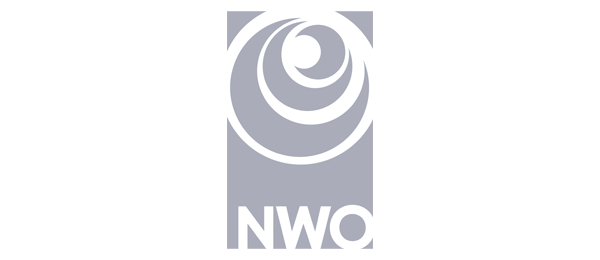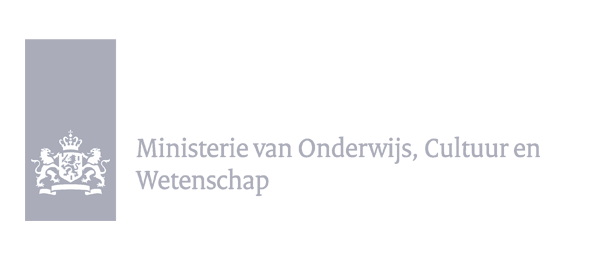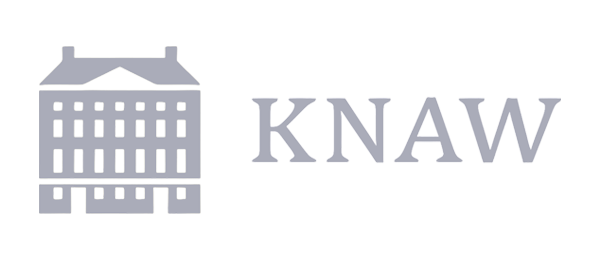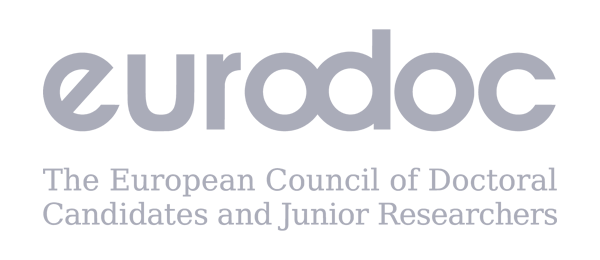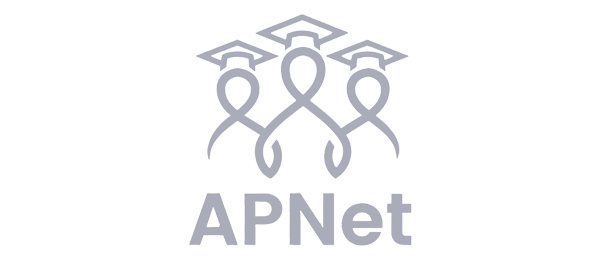Transitioning from academia to industry is a significant shift, and the interview process is a crucial step in this journey. As a postdoc, you bring a wealth of knowledge and experience to the table, but it’s essential to understand the nuances of industry interviews to make a successful transition. This guide aims to provide you with insights and tips to navigate industry interviews effectively.
- Understanding the Industry Landscape
Before diving into the interview process, it’s important to research the industry you’re interested in. Understand the key players, current trends, and the specific needs of the industry. This knowledge will not only help you tailor your application but also demonstrate your genuine interest and commitment during the interview. You could reach out to former colleagues or contacts that are now in this industry for tips or ask for a connection. Their insight on the industry could help prepare you for the interview.
- Tailoring Your Resume and Cover Letter
Your resume and cover letter should highlight your relevant skills and experiences. Focus on transferable skills such as project management, problem-solving, and teamwork. Be sure to quantify your achievements and provide concrete examples of how your academic work can be applied in an industry setting.
- Prepare for the interview questions
Industry interviews often include a mix of technical and behavioral/soft skill questions.
-
- Technical questions: These questions assess your technical expertise and problem-solving abilities. Be prepared to discuss your research, methodologies, and any relevant technical skills.
- Behavioral Questions: These questions evaluate your soft skills and how you handle various situations. Examples include “Tell me about a time you faced a challenge and how you overcame it” or “Describe a situation where you had to work as part of a team.”
- Demonstrate your soft skills
As a postdoc, your research experience is a significant asset. However, it is important to learn which skills to leverage for your interview. During your research years, you challenge assumptions and generate data, you are a problem solver and an independent learner and you are not afraid of unknown territories.Industry employers value these skills, so try to find examples from your own experience to substantiate them. Soft skills such as communication, teamwork, and adaptability are also a plus for industry positions. Provide examples of how you’ve demonstrated these skills in your academic career. For instance, you might discuss how you collaborated with colleagues on a research project or how you effectively communicated your findings to a non-specialist audience.
- Ask insightful questions
At the end of the interview, you will typically be given the opportunity to ask questions. Use this time to demonstrate your interest in the company and the role. Ask about the company’s culture, the team you’ll be working with, and any opportunities for professional development.
- Follow-up
After the interview, you can send a thank-you email to express your appreciation for the opportunity. This is also a chance to reiterate your interest in the position and briefly highlight how your skills and experiences make you a strong fit for the role.






